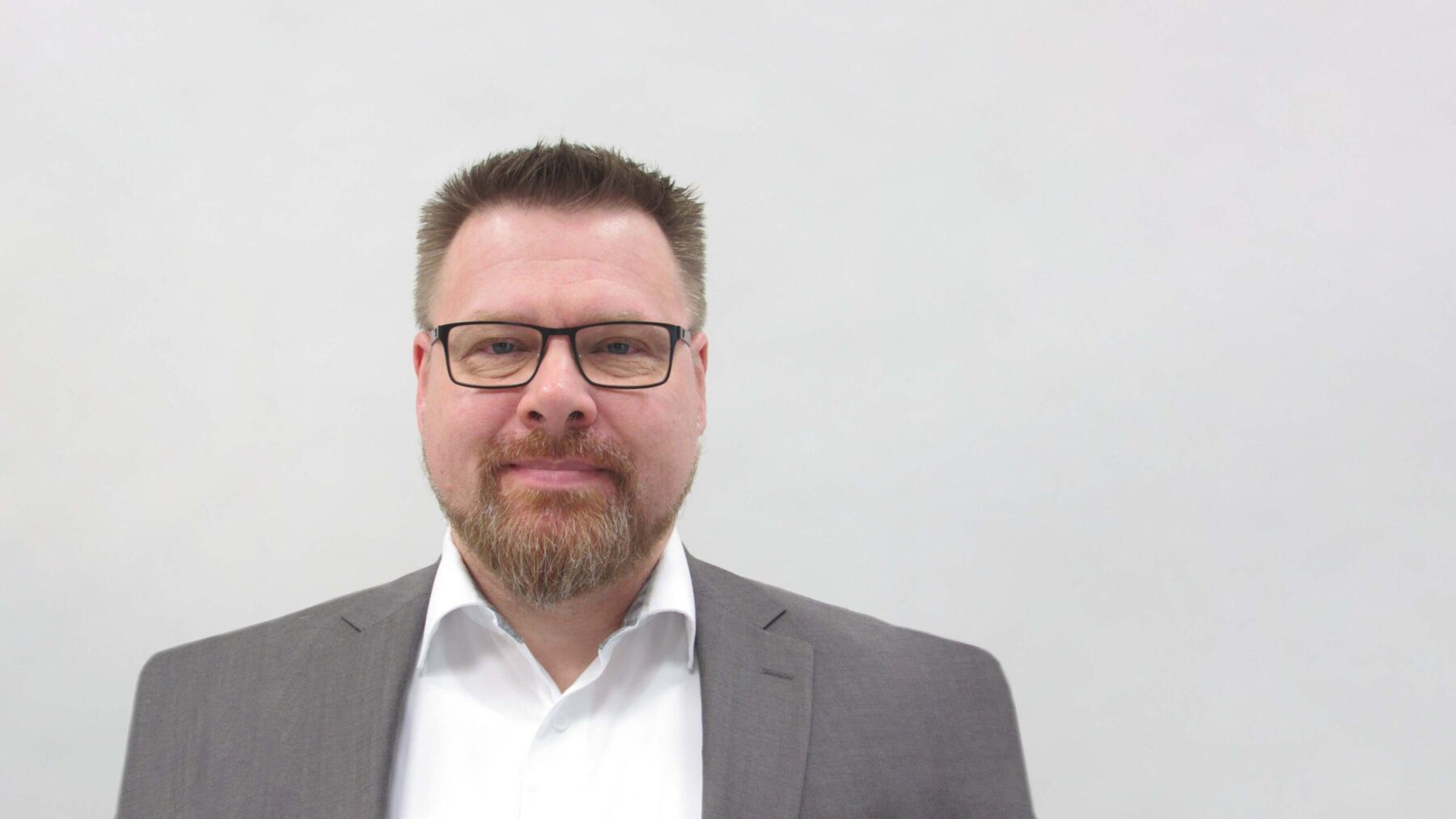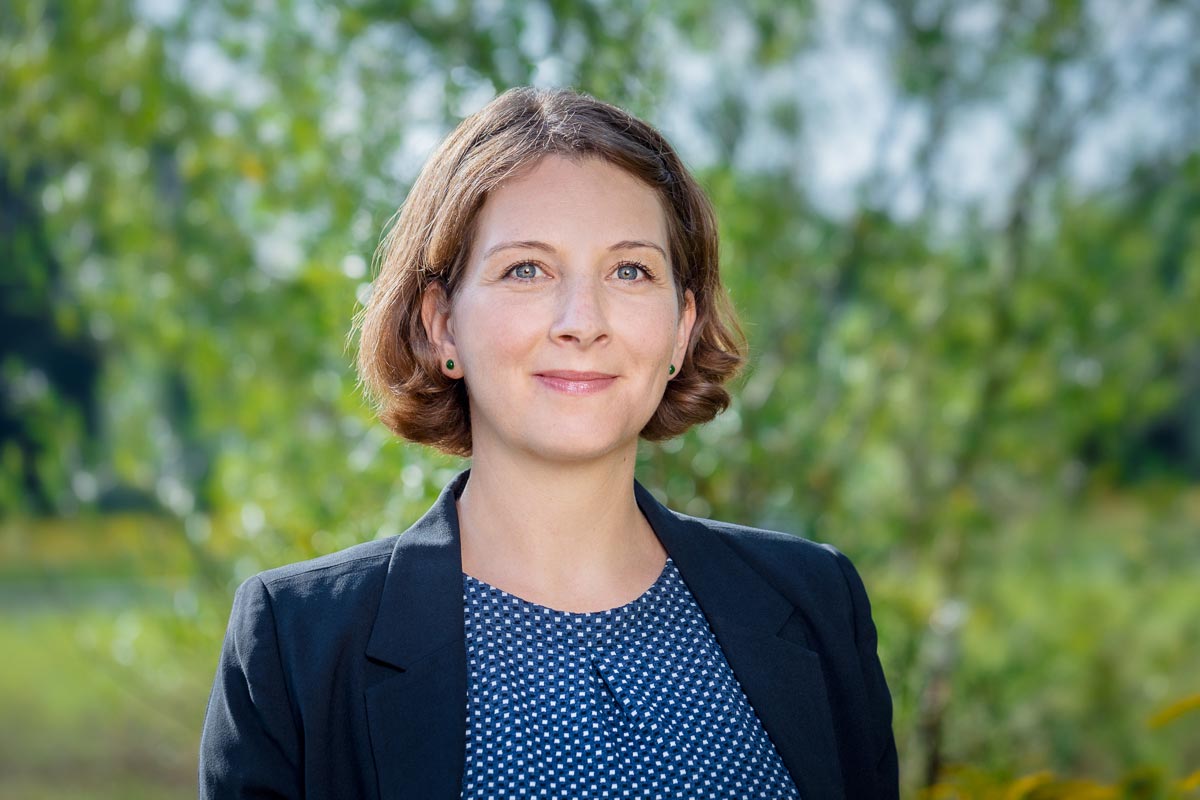
3 Questions to GILUPI – “We think our way of diagnosing cancer cells is ground-breaking”.
Scientists around the world are researching ways for a better treatment of cancer. One of them is offered by GILUPI, a company founded in 2006. With their product, medical personnel can extract cancer cells from the blood. Dr. Christian Jurinke has been the company’s CEO since 2018. In our interview, he explains why good diagnostics are crucial for cancer therapy and why they have moved into their new office at GO:IN 2 in the Potsdam Science Park.
Dr. Jurinke, to put it simply, GILUPI is all about cancer cell diagnosis. What drives you and GILUPI?
We have a clear goal with GILUPI: In the future, we want cancer to be a manageable disease that can be lived with and treated. That’s why we’re working on crucially improving the treatment of cancer. We want to achieve this through the use of targeted diagnoses instead of drugs. The problem is the following: Cancer is first of all a tumor that grows and proliferates. The tumor can form metastases, which are daughter cells that spread widely through the bloodstream and affect other organs. Metastases are therefore the actual problem. They can be difficult to control with surgery or radiation sometimes, with chemotherapy not always being of help either. We are working on ways to detect metastases early on.
The central solution in your portfolio is the GILUPI Cell Collector. What exactly is the function of this product?
We have developed a product that enables medical personnel to capture individual cancer cells with a metallic wire. This is inserted into the vein via the access and remains there for 30 minutes. On the surface of the wire are antibodies that recognise other proteins. They act like catchers, so to speak, noticing certain structures and binding the tumour cells. We can then isolate and examine them. The big advantage is that we offer a very gentle way to remove tumour cells. Normally, biopsies are used for cancer diagnoses. To put it simply, a needle is inserted into the tissue, tissue cells are removed and analysed. This procedure is painful, unpleasant and not free of complications. With our product, diagnoses become a lot easier. This enables us to continuously monitor therapy progress and react to changes at an early stage. We think that our method of cancer cell diagnosis is ground-breaking.
You studied in Hamburg and spent about ten years in the US in a management position for Sequenom. Later, you were managing director of Stratec Molecular GmbH in Berlin. Now, you have chosen GO:IN 2 in the Potsdam Science Park as the headquarters for GILUPI. Why?
GILUPI’s history is closely linked to Potsdam. This is where the company was founded and where it has grown. The shortage of skilled workers in our field is glaring. We want and need to retain highly qualified personnel. That is possible here. Because many employees come from Potsdam and the surrounding area, the short commute is of course another major advantage. But that’s not all: we were very fortunate that GO:IN 2 was recently completed. We were able to move straight into new premises and are very happy here. GO:IN 2 has very modern equipment, and we had design options for the premises. That is of course an advantage. The location was and is our favourite. And I still see a lot of potential here in terms of networking with other scientific institutions on site. The idea of a science park is really very exciting.
Dr. Jurinke, thank you for the interview.
Contact

Julia Hinz
Site marketing
julia.hinz@potsdam-sciencepark.de + 49 331 237 351 109